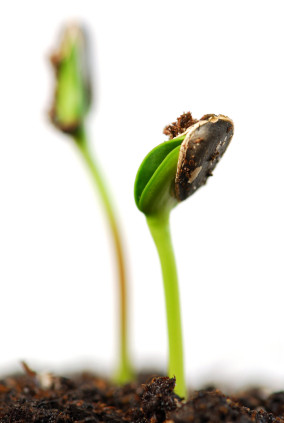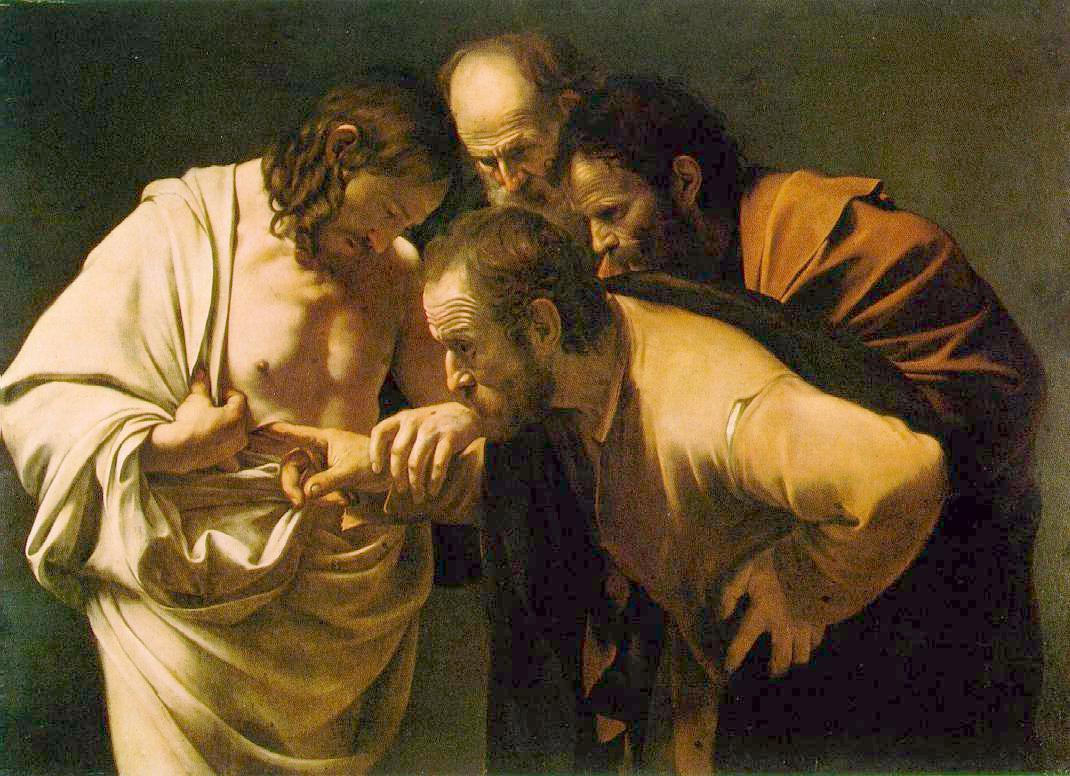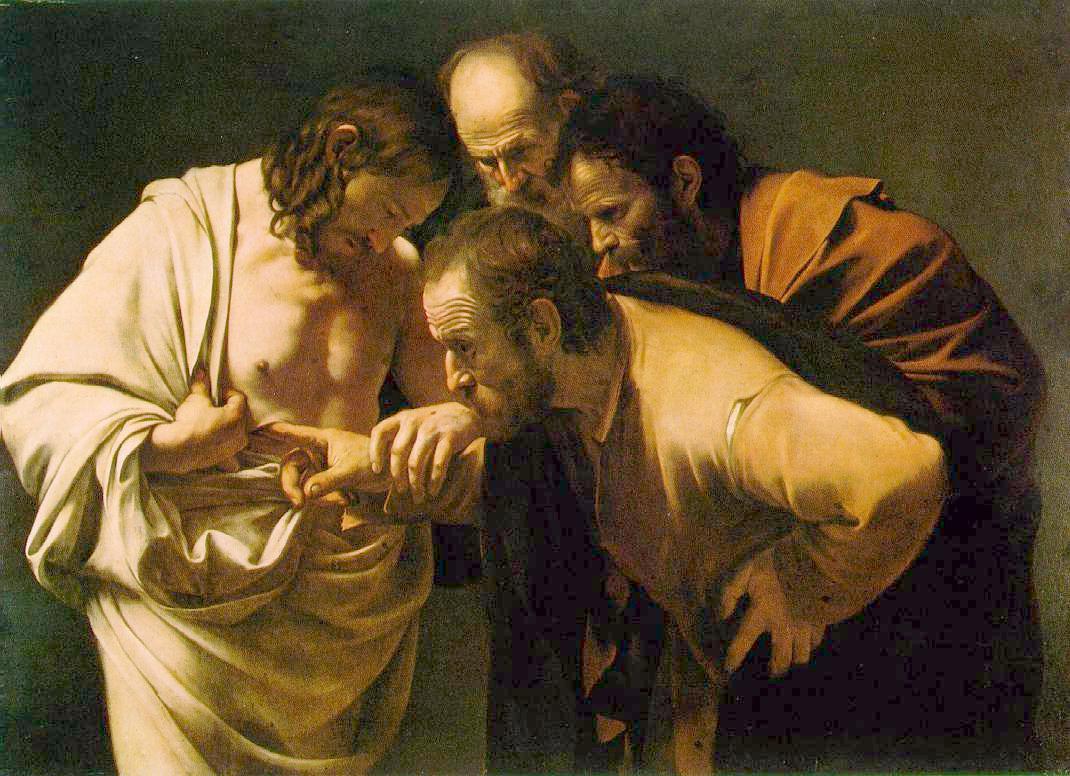
Readings: Acts 3:13-15, 17-19; 1 Jn 2:1-5a; Lk 24:35-48
Our God is a god of action. God breathes life into Adam’s lungs and puts his spirit into the universe. Saint Ignatius said that God labours for us continually. The scriptures talk about a farmer planting seed: “He sleeps at night, is up and about during the day, and all the while the seeds are sprouting and growing. Yet he does not know how it happens.” (Mark 4:27) Stuff happens on the molecular level, things we cannot even see; it is God continuing the action of creation.
In the first reading from Acts we encounter the both beautiful and terrible line, “The author of life you put to death…” Beautiful because it acknowledges that Jesus, as a human manifestation of God, authored, penned, created life—indeed invented life itself. Terrible because we squashed the life from Life itself by putting Jesus to death. Ultimately, the sin of humanity did not succeed and Jesus rose from the dead never to die again. It’s a jarring reality: The God of life and action, we killed.
But when Jesus came back from death his love-filled action, just like before, continued. In Emmaus the disciples did not recognise him when he told them about the scriptures or even by face. No, they recognised him only once he broke the bread. Jesus “was made known to them” through a concrete action. They say actions speak louder than words, right?

More than ghostliness
In the Gospel of Luke we witness Jesus appear to his friends. At first they’re terrified and startled. They think he’s a ghost. Again, Jesus had told them (pre-resurrection) how the scriptures foretold his death and resurrection, but they did not seem to listen. So instead of giving them a slap to knock some sense into them and show that he’s real, he says, “Touch me and see.” Action. At this point it’s what it’s going to take for the disciples to realise Jesus is not a ghost but true flesh and bones. And, perhaps in a slight tongue-in-cheek move he says, “Have you anything here to eat?” Again, action.
See, our God is more than just spirit or “ghostliness”. Faith sometimes must come through believing in the invisible, but quite often it comes through touch. God let’s us touch him through his creation and the palpable things of our life. The disciples, twenty centuries ago, got to touch Jesus’ wounds. For us, it’s the idea of “finding God in all things” that gives palpability to God: the sunset, a newborn baby, a kiss. It’s the palpability found in the sacraments or in the bread and the wine at Mass.
The action continues today
The best part is Jesus’ action continues today. John, in the second reading (1 John 2), says that we should avoid sin, “But if anyone does sin, we have an Advocate with the Father, Jesus Christ the righteous one.” The living human Jesus Christ is in heaven advocating on our behalf. His action for us in our age, in our present, is hearing our prayers and advocating for us—he’s got our back, like a good friend.
So, God, in many ways, continues his action in your life and in my life in 2012. We can touch the fruit of God’s action. We can feel it.
How do you experience the action of God? How do you touch God?
The Action of God








Just came across your sight and have truly been blessed by the two reflections I read.